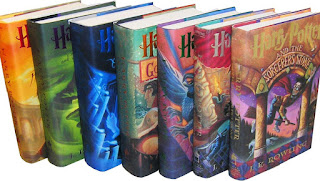What motivates a writer to write? If you are like me, you don't need to be motivated. Your day is not complete unless you write something, and that something often falls into several different categories: blogs, articles,WIP's, and notes for future articles and books.
Some of the things that can give us needed motivation, or motivate us in new directions, include:
- Tackeling the obstacles that we see as standing in our way.
- Achieving a certain goal - such as entering a writing contest, or writing a given amount of words per day.
- Creating characters that we would enjoy reading.
- Resolving personal scenarios through our books.
- Connecting with a given audience.
- Being able to sustain our lifestyle through our writing,
- We have a story to tell.
- Writing is therapeutic - we heal on all levels as we write.
- Writing when the muse wants to talk - for me, that is in the oh dark thirty hours!
- Creating an environment for writing that is distraction free, and a "happy place".
- Allowing our writing to flow. If it doesn't work out - trashcan it!
I am going to do a 1,000 word flash fiction this week, instead of my usual 100 words. And ... I am going to present two different endings. Wish me luck!
(c) July 2019 Bonnie Cehovet
Reproduction prohibited without written authorization from the author.










